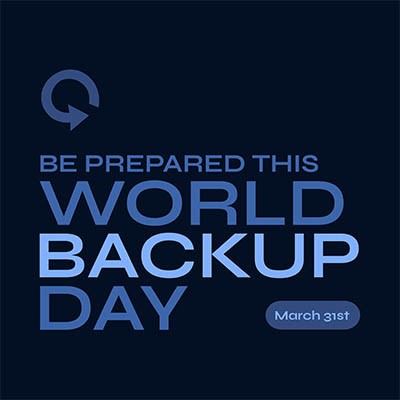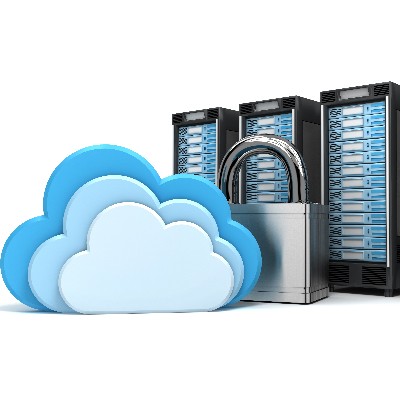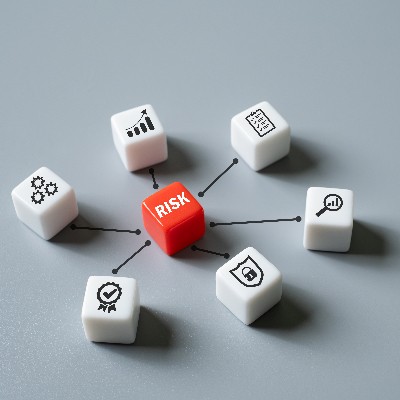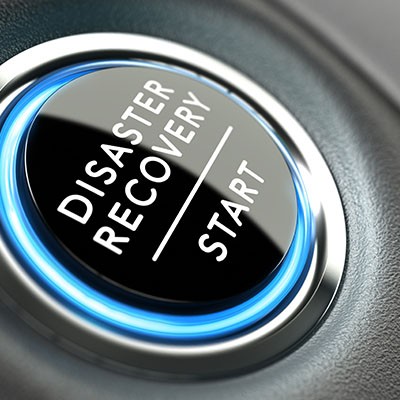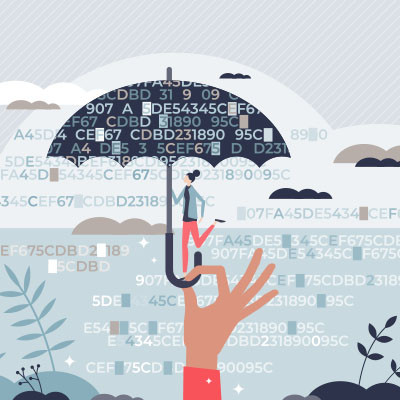Data loss can be from a cyberattack, hardware failure, or just plain bad luck. Either way, it is a real threat to your business. You can hedge against it by having solid data backup strategies in place. Today is World Backup Day, so we thought we’d go through some ways to build a data redundancy platform that will keep you from being left scrambling should disaster strike.

KB Technologies Blog
KB Technologies has been serving the Deerfield Beach area since 2002, providing IT Support such as technical helpdesk support, computer support, and consulting to small and medium-sized businesses.
0 Comments
If your business is still using tape backup, we’ve got news for you: you’re behind the times by a decade or two. Still, there might be some merits to using it, despite the overwhelming evidence that digital backup solutions like Backup and Disaster Recovery (BDR) are all-around better. Here’s why you might still use tape backup in today’s modern business world.
There’s no escaping the inherent risk that comes from anything worth doing, and that includes business. That said, you can take steps to minimize the bad and make more room for the good. One such way you can do this is with an effective disaster recovery strategy.
Today, we’re looking at what goes into building a proper disaster recovery strategy and why your business needs to consider it a priority.
Data backup, while crucial to an organization’s continuity and sustainability, hasn’t had too many innovations over the past few years. Ever since businesses have started to do away with the resource intensive backups that required manual effort or antiquated methods (we’re looking at you, tape), backups and backup strategies have standardized a bit. In today’s blog, we’ll take you through that process and how emerging technologies are improving backup technology.
Businesses rely heavily on technology and data to keep running smoothly. But what happens when disaster strikes? Whether it’s a natural disaster like a hurricane or an unexpected event like a cyberattack, businesses need a plan to keep going. This is where disaster recovery comes in. Let’s break down what disaster recovery is and why it’s vital for business continuity.
A lot is made of the rising costs that everyone is seeing over the past several years. This inflation extends itself for IT-related downtime as well. Now that most businesses are using some form of technology to run their business, losing access to those systems for any length of time can be a major problem. Today, we’ll take a look at the cost of downtime, what causes it, and how to ensure that you do everything you can to keep it from negatively affecting your business.
It’s easy to take something you use every single day for granted. That’s something that a lot of car dealerships are feeling right now, as one popular automotive dealership software platform has been down for several days due to a cyberattack.
You don’t realize just how critical your line of business app is until it’s suddenly not available and you can’t do the work you used to do. Here’s the story.
Data loss has a severely damaging impact on the businesses that suffer from it, so why not help protect your business the same way you would with other damages? Cyber insurance helps do just that, and is therefore a super helpful investment for today’s businesses to embrace.
That said, just like other forms of insurance, there are certain requirements that must be met for a business to qualify. Let’s touch on some common requirements insurance providers have.
For those of you that read our blog often, you know we often mention how backing up your business information systems is a crucial part of protecting your organization's IT infrastructure. One of the best rules of thumb when considering your data backup is what is called the 3-2-1 rule. Let’s go through what the 3-2-1 rule is and why it works to protect your business’ digital assets.
It is officially one week until World Backup Day—the global occasion intended to raise awareness about the importance of backups and the proper maintenance and management of them. While we are in full support of this initiative, we also want to make something clear: data backup shouldn’t be an annual consideration, it needs to be a priority each and every day.
If you are a frequent reader of this blog, you know that we rev the throttle on data backup a lot. This is because it can quite literally save your business and for something that valuable, it doesn’t come with a lot of cost. Unfortunately, a lot of businesses don’t always find the expense worth it. In the minds of many decision-makers, what are the chances that your business is hit with a situation that would necessitate a full system restore?
We have all heard about disaster scenarios in which offices are struck by terrifying threats that put the organization on life support. However, the most devastating disasters don’t necessarily have to destroy your business’ office to really do measurable harm to your organization. All they have to do is disrupt your operations so profoundly that it can be a real challenge to recover.
It’s a known fact that businesses do not want to imagine what might happen under the absolute worst conditions, but it is something that comes with the territory of being a business owner. If you don’t plan for the worst, it could potentially place your company at risk. How can you prepare yourself for the struggles that come with disaster recovery?
Data breaches are a modern reality, and they’ll still be around in the new year. While it is obviously preferable for your business not to fall victim to one, that isn’t always something in your control. Therefore, it is better to have planned ahead, so that your operations can continue and you can more effectively keep your contacts apprised of the situation. Let’s discuss what you need to do.
The recent hack of Colonial Pipeline has led to no shortage of problems, chief among them gasoline shortages all across the east coast of the United States. The pipeline’s operations may have been restored, but the question still remains: what could have been done to stop it, what can we learn from this incident, and what changes can we expect to see as a result?
While nobody likes to presume the worst will happen in their business, it must be a point that comes into consideration. Statistics are statistics, as they are, and as such there is always the chance—a considerable chance, in fact—that your business will suffer from some form of disaster. Due to this, we always recommend that you have some means of protecting your data throughout, with a plan to respond to such events accordingly.
Reach Out Today!
Mobile? Grab this Article!
Tag Cloud
Microsoft
Quick Tips
Software
Cloud
Tip of the Week
Workplace Tips
Phishing
Business
Malware
Disaster Recovery
IT Services
Ransomware
Data
Best Practices
Computer
IT Support
Saving Money
Current Events
Business Computing
Workplace Strategy
Google
Innovation
Managed IT Services
Backup
Technology
Users
Email
Collaboration
Security
Privacy
Cybersecurity
Efficiency
Hosted Solutions
Productivity
User Tips
Network Security
Mobile Device
Hackers
Internet
Hardware
Latest Blog
Managed IT Services: Your Strategic Technology Partner in Boca Raton In an era where technology drives every aspect of business, relying on reactive fixes is like trying to steer a ship by plugging leaks one at a time. At KB Technologies Managed IT in Boca Raton, we offer ma...
Latest News
KB Technologies is proud to announce the launch of our new website at http://www.kb-it.com. The goal of the new website is to make it easier for our existing clients to submit and manage support requests, and provide more information about our services for ...

